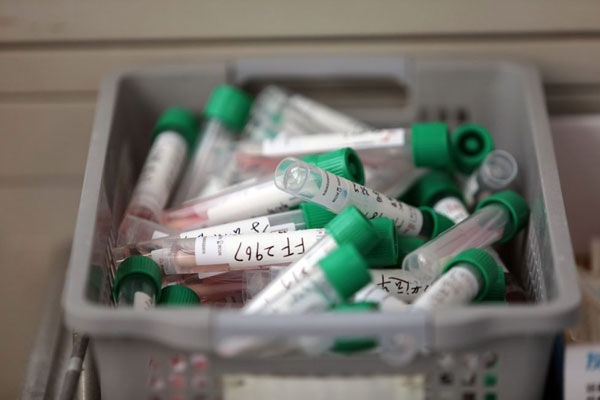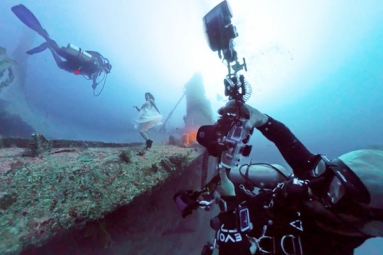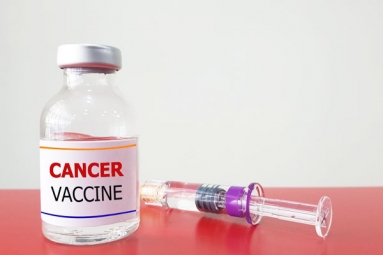China initiates first trial of their coronavirus vaccine - Ad5-nCoV
March 30, 2020 07:37
(Image source from: bloomberg.com)
Amidst the worsening condition of the world because of the spread of the coronavirus pandemic, China hit the trial for their very first coronavirus vaccine, Ad5-nCoV which has been developed by the local researchers.
The same was announced a day after US began their first human trial of the mRNA vaccine candidate for covid-19.
The coronavirus vaccine developed by China, Ad5-nCoV, is a recombinant novel coronavirus vaccine. The vaccine was done with collaborative efforts put in by Tianjin-based Cansino Biologics Inc. and the Institute of Biotechnology of the Academy of Military Medical Sciences.
For the clinical trial, China has appointed 108 subjects and the trial is going to be conducted in Tongji Hospital in Wuhan.
Highlighting the attributed and functionalities of Ad5-nCoV, Cansino clarified saying, “Ad5-nCoV is a genetically engineered vaccine candidate with the replication-defective adenovirus type 5 as the vector to express SARS-CoV-2 spike protein.”
The vaccine candidate has been developed to prevent the disease that is caused by the infection of the novel coronavirus infestation.
The company behind this vaccine further states saying that they have started preparing for the clinical trials on March 17, 2020 and that they were also conducting the pre-screening of the candidates.
Cansino CEO Xuefeng Yu further said that their company has been collaborating with the academy for the development of this vaccine from late January.
Yu further stated saying, “Having committed to providing unconditional support to fight against the global epidemic, Cansino is determined to launch our vaccine product candidate as soon as possible, with no compromises in quality and safety.”
As per the reports from the Chinese Clinical Trial Registry, this trial testing safety and the tolerance of the Ad5-nCoV is going to be witnessed in the adults in the age range of 18 to 60. There are going to be three steps of the dosage – low, middle and high and each will be assigned with 36 subjects.
They are going to be administered with 5e10vp, 1E11vp and 1E11vp of Ad5-nCoV respectively.
The researchers suggested saying that the primary factor that they want to check is whether or not the administration of the vaccine imposes any kinds of side effects in the first week. The secondary indicators is to look for any adverse impacts within 28 days of the injection, followed by the reports in the 6 months of the administration.
The Ad5-nCoV has been prepared using the adenovirus based viral vector technology platform from Cansino. What this means is that the vaccine leverages the use of the viral vectors to deliver the vaccine to the human cell.
Cansino did conduct a pre-clinical animal trial and observed that the administration of the vaccine was effective in inducing strong immune response in the animal models. The safety results in the pre-clinical trial were what paved way for the human clinical trials.
In one of the webinars conducted by Chinese CRO Wuxi Aptech, Yu stated saying, “We need speed, but we still need quality. We don't want to introduce a second harm to people. It is critically important to check every step.”
Yu further clarified saying that even though the existing platform does allow for a speedy development of the vaccines, there are a number of factors that go into the final development and administration of the vaccine on the human subjects.
Animal models should be available first for testing for the safety of the drug, following which the same can be administered on the humans.
Yu also stated saying, “Even though we have learned from MERS and SARS, COVID-19 is still a new virus that behaves very differently, so we should really get some basic understanding.”
On the other hand, the United States has also been testing out their vaccine candidate for the coronavirus, mRNA-1273 which has been developed under the collaborative efforts of NIH and Moderna Inc. This vaccine encodes the viral spike protein to help prevent the infections caused by the coronavirus.
By Somapika Dutta



















